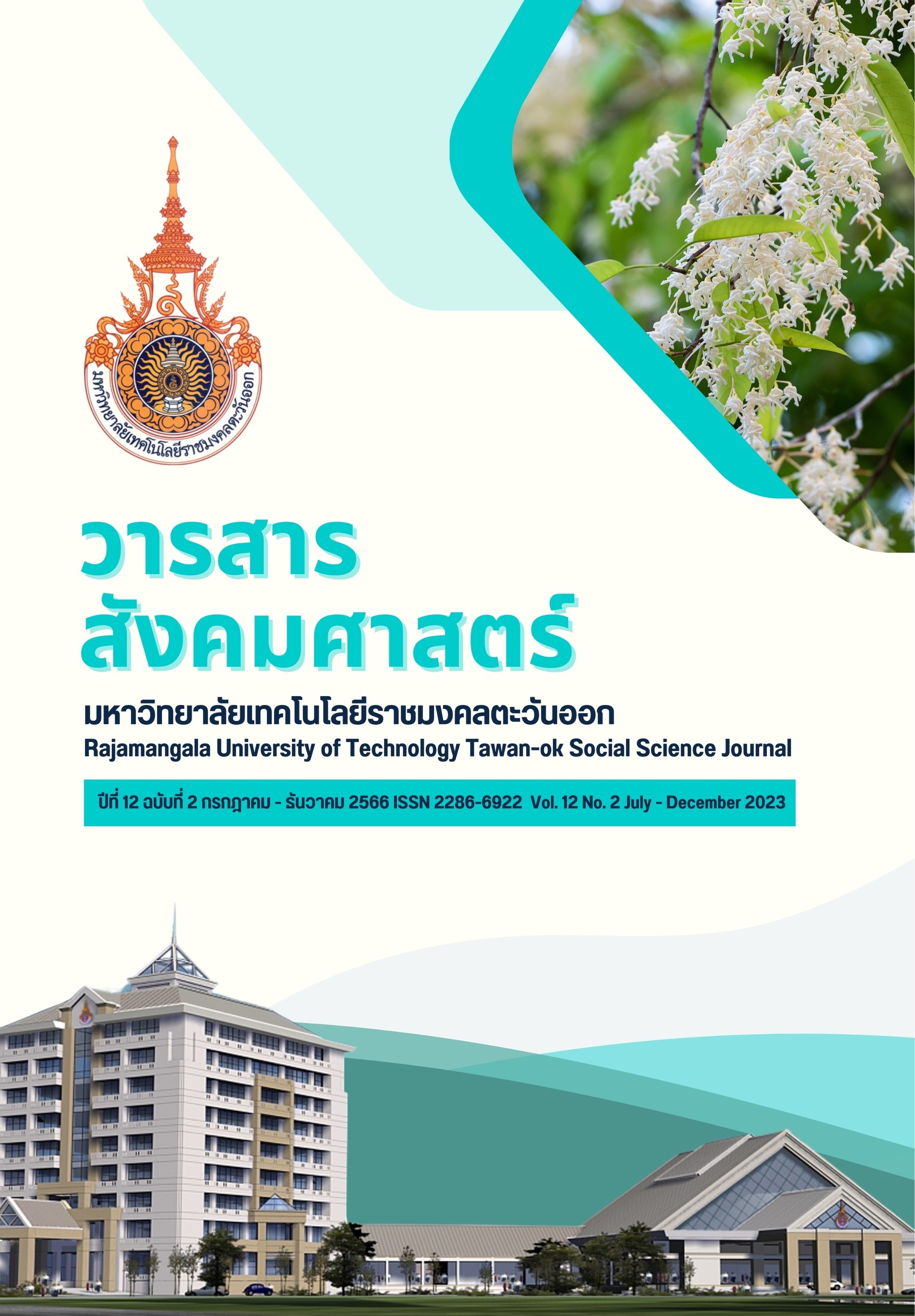Development of personnel potential in the Phetchaburi Provincial Justice Office
Main Article Content
Abstract
Every organization, whether it is an organization in the public sector or the private sector, has the same goal of success, which is to determine the direction of the organization's operations for efficiency. However, the provincial justice office and its effectiveness have achieved According to the objectives that have been set in Phetchaburi, which is like a representative of the Ministry of Justice in the administration of provincial justice and has a duty to provide justice to the people, therefore, personnel in the Phetchaburi Provincial Justice Office must have regular self-development to be consistent. With the current working context The objectives of this research were 1) to study the level of personnel potential development in the Phetchaburi Provincial Justice Office and 2) to compare personal factors with the development of personnel potential in the Phetchaburi Provincial Justice Office. This research is quantitative research. The Phetchaburi Provincial Justice Office personnel and the committees on the board, who were appointed by the Phetchaburi Provincial Justice Office and the Ministry of Justice network, made up the sample group, which included 141 randomly chosen individuals. Questionnaires were used to collect data, which was then analyzed using statistical, descriptive, t-test, and one-way variability analysis.
The results of the research were as follows: 1) The Phetchaburi Provincial Justice Office's overall personnel development factors were at a high level. The education factor for personnel in the provincial justice office was given the most importance, followed by training skills in using digital technology and in the field of study visits. 2) Personnel in various positions have potential for development in all areas in different ways, and personnel of different ages have developed potential in the skills of using digital technology differently. The study's findings suggested that the executives in the Office of Justice in Phetchaburi Province could use them as a model for creating a framework for human resource development that would improve, correct, and develop the performance of the personnel within the organization to maximize efficiency and achieve the highest goals.
Article Details

This work is licensed under a Creative Commons Attribution-NonCommercial-NoDerivatives 4.0 International License.
References
กฎกระทรวงแบ่งส่วนราชการสำนักงานปลัดกระทรวงยุติธรรม. (ฉบับที่ 2) พ.ศ. 2562 (2562, เมษายน 26). ราชกิจจานุเบกษา, น.13-15
ชลวิทย์ จิตมาน. (2566). ความรู้ทักษะด้านเทคโนโลยีดิจิทัลในวิถีชีวิตใหม่ของบุคลากรสำนักหอสมุดกลาง มหาวิทยาลัยรามคำแหง. วารสารราชภัฏสุรินทร์วิชาการ. 1(5), 15-16.
บุษบงค์ วงษ์พันทา. (2560). แนวทางการพัฒนาบุคลากรสายสนับสนุน ของมหาวิทยาลัยราชภัฏบ้านสมเด็จเจ้าพระยา. งานวิจัยสำนักงานอธิการบดี, มหาวิทยาลัยราชภัฏบ้านสมเด็จเจ้าพระยา.
พจน์ พจนพาณิชย์กุล. (2565). การพัฒนาประสิทธิภาพในการทำงานของบุคคล. เข้าถึงจาก https://www.sbdc.co.th/knowledge/article/131/การพัฒนาประสิทธิภาพในการทำงานของบุคคล/. (สืบค้นเมื่อ 26 ตุลาคม 2565).
ศิริ พันธ์ทา. (2562). การสร้างความพึ่งพอใจต่อการให้บริการในยุคของการเปลี่ยนแปลงทางสังคมปัจจุบัน. วารสารพัฒนาการเรียนรู้ยุคใหม่. 4(2), 403-404
สำนักงานยุติธรรมจังหวัดเพชรบุรี. (2565). โครงสร้างการบริหาสำนักงานยุติธรรมจังหวัดเพชรบุรี. เข้าถึงจาก www.https://phetchaburi.moj.go.th/. (สืบค้นเมื่อ 11 มิถุนายน 2565, จาก).
สมศักดิ์ ศรีสันติสุข และคณะ. (2563). ผลลัพธ์การดำเนินโครงการอบรมและทัศนะศึกษาดูงานของกรรมการชุมชน อสม. และสมาชิก กลุ่มแม่บ้าน กรณีศึกษาเทศบาลเมืองน้ำพอง อำเภอน้ำพอง จังหวัดขอนแก่น. วารสารวิทยาลัยสงฆ์นครลำปอง, 9(1), 59-60
Cronbach, L. J. (1971). Test Validation. In R. Thorndike (Ed.), Educational Measurement. Washington DC: American Council on Education.
Krejcie, R.V. & Morgan, D.W. (1970). Determining Sample Size for Research Activities. Educational and Psychological Measurement. 30, 607-610.


